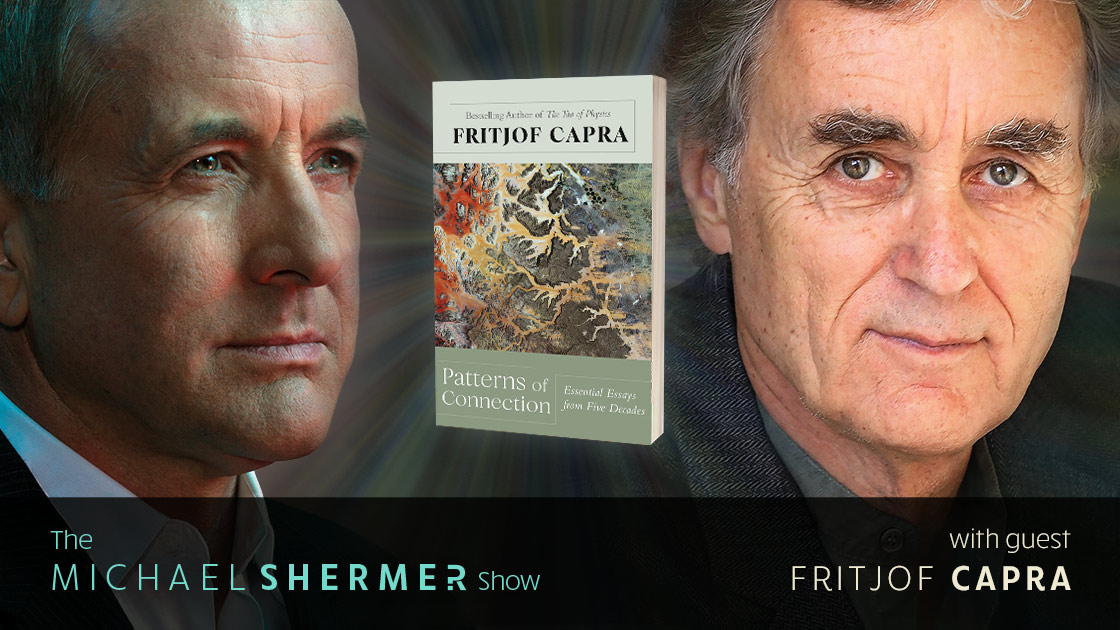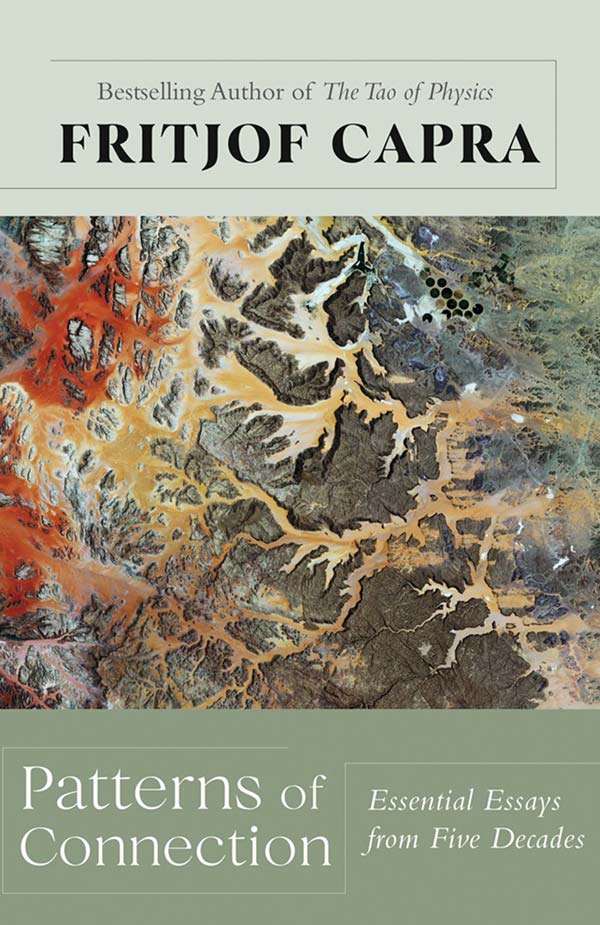Fritjof Capra, scientist, educator, activist, and accomplished author, presents the evolution of his thought over five decades in Patterns of Connection. First introduced in the late 1950s to the work of Werner Heisenberg, a founder of quantum mechanics, Capra’s connections between the discoveries of quantum physics and the traditions of Eastern philosophy resulted in his first book, the bestselling The Tao of Physics. This synthesis, representative of the change from the mechanistic worldview of Descartes and Newton to a systemic, ecological one, went on to inform Capra’s thinking about the life sciences, ecology, and environmental policy. Fritjof Capra remains a major figure at the crossroads of physics, spirituality, environmentalism, and systems theory.
Fritjof Capra is the recipient of many awards, including the Gold Medal of the UK Systems Society, the Medal of the President of the Italian Republic, the Bioneers Award, the New Dimensions Broadcaster Award, and the American Book Award. He became universally known for his book The Tao of Physics: An Exploration of the Parallels Between Modern Physics and Eastern Mysticism, which explored the ways in which modern physics was changing our worldview from a mechanistic to a holistic and ecological one. Capra lives in Berkeley, California, with his wife and daughter.
Shermer and Capra discuss:
- from Austria to Berkeley: the making of a California holist,
- the influence of Werner Heisenberg’s Physics and Philosophy,
- 50 years of progress or regress (since the publication of The Turning Point),
- the 1960s counterculture and challenges to authority,
- metaphors in science: world as machine, world as alive,
- limitations of models and theories of reality,
- limitations of analogies between western physics and eastern mysticism,
- Stephen Jay Gould’s critical review of The Tao of Physics and Capra’s response (“Gould was right!”),
- mind and consciousness,
- the Santiago theory of consciousness,
- what it means to be spiritual in an age of science,
- nuclear energy and why Capra thinks we don’t need it and Shermer thinks we do,
- how systems theory allows for human volition and free will, and
- why Capra is hopeful for the future of humanity.
If you enjoy the podcast, please show your support by making a $5 or $10 monthly donation.
This episode is sponsored by Wondrium:
This episode was released on November 23, 2021.











